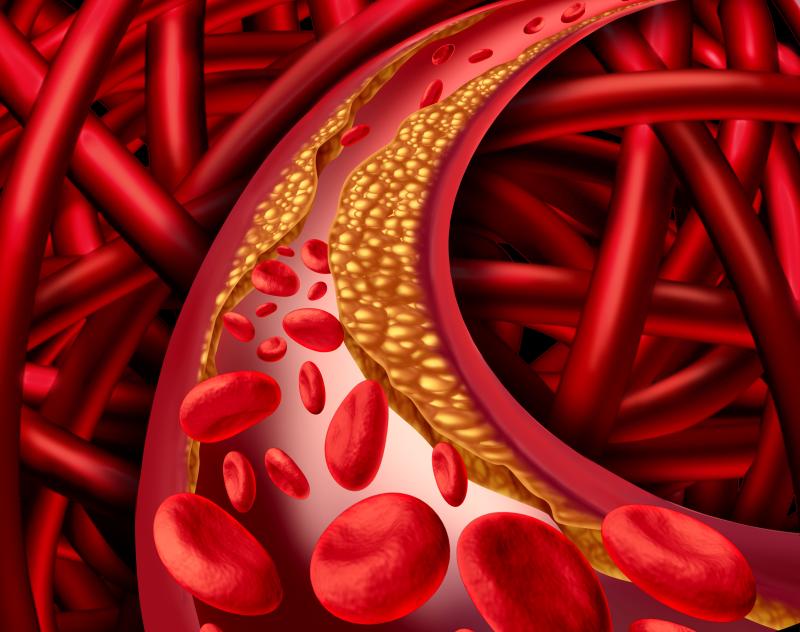
Despite currently recommended preventive measures, premature coronary artery disease (CAD) remains an aggressive disease, characterized by high rates of recurrent events and mortality, a study has shown. Asian ethnicity and persistent smoking are the strongest predictors of a first recurrent event.
The authors prospectively enrolled and followed 880 patients with acute or stable obstructive CAD (mean age, 40.1±5.7 years). Majority were men, smokers and had a family history of CAD or hypercholesterolaemia. The primary endpoints were all-cause death, myocardial infarction (MI), ischaemic stroke and refractory angina requiring coronary revascularization.
Of the patients, 91.2 percent underwent coronary revascularization at baseline presentation, primarily for acute MI (78.8 percent). Over a 20-year follow-up, a total of 399 ischaemic events occurred in 264 patients, and a second recurrent event occurred in more than a third of the patients (36 percent).
The most common first recurrent event was MI (131 of 264 patients), which was mainly associated with new coronary lesions (17.3 percent vs 7.8 percent; p=0.01; hazard ratio [HR], 1.45, 95 percent CI, 1.09–1.93 for new vs initial culprit lesion). All-cause death occurred in 55 patients (6.3 percent) at a median time of 8.4 years.
The following factors were strongly associated with a first recurrent event: ethnic origin (sub-Saharan African vs Caucasian: adjusted HR, 1.95, 1.13–3.35; p=0.02), inflammatory disease (adjusted HR, 1.58, 1.05–2.36; p=0.03) and persistent smoking (adjusted HR, 2.32, 1.63–3.28; p<0.01). After considering all recurrent events, the same factors and Asian ethnicity correlated with poor prognosis, with persistent smoking having the greatest impact.